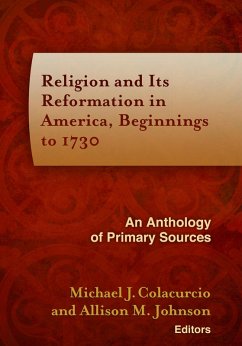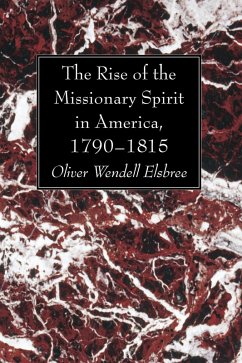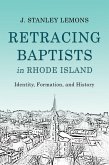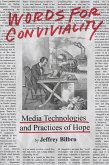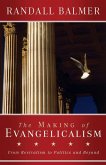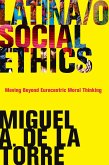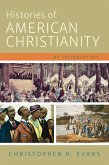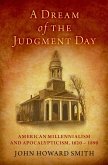Beginning with a brief look at what the European colonists were able to make of indigenous beliefs and practices, and ending in 1730-the year before the first published work of the Rev. Jonathan Edwards- Religion and Its Reformation in America seeks to highlight the distinguishing features of Christianity in the first century of its life in the colonies that would become the United States.
The transplanted Church of England in Virginia, the Catholicism of Maryland, and, later on, the Quaker experience of Pennsylvania are well represented, but the heaviest emphasis falls on the "Puritans" of Massachusetts and Connecticut. Astonishingly, the leaders of a migrant population produced a religious literature that, in both quantity and intellectual acumen, is unmatched in any other colonial venue on record. Drawing on an array of texts written on the Continent, and in some cases on a personal experience of Reformed churches abroad, these so-called Puritans sought a New Church in a providentially provided New England.
The general outlines of their story-end-time excitement, the establishment of a radical new ecclesiology (which came to be known as Congregationalism), second- and third-generation confusion and compromise which yet refused to concede that their radicalism had been a mistake-are well known to historians who specialize in this period. Presented here, however, for scholar and student alike, is something approaching a full literary record-not just names and dates and creeds and platforms, but a rich human experience of motive, energy, action, and affect. Religion to be sure, with reform its driving force-but also literature in its best sense, eager to upend prevailing assumptions.
The transplanted Church of England in Virginia, the Catholicism of Maryland, and, later on, the Quaker experience of Pennsylvania are well represented, but the heaviest emphasis falls on the "Puritans" of Massachusetts and Connecticut. Astonishingly, the leaders of a migrant population produced a religious literature that, in both quantity and intellectual acumen, is unmatched in any other colonial venue on record. Drawing on an array of texts written on the Continent, and in some cases on a personal experience of Reformed churches abroad, these so-called Puritans sought a New Church in a providentially provided New England.
The general outlines of their story-end-time excitement, the establishment of a radical new ecclesiology (which came to be known as Congregationalism), second- and third-generation confusion and compromise which yet refused to concede that their radicalism had been a mistake-are well known to historians who specialize in this period. Presented here, however, for scholar and student alike, is something approaching a full literary record-not just names and dates and creeds and platforms, but a rich human experience of motive, energy, action, and affect. Religion to be sure, with reform its driving force-but also literature in its best sense, eager to upend prevailing assumptions.
Dieser Download kann aus rechtlichen Gründen nur mit Rechnungsadresse in A, D ausgeliefert werden.

